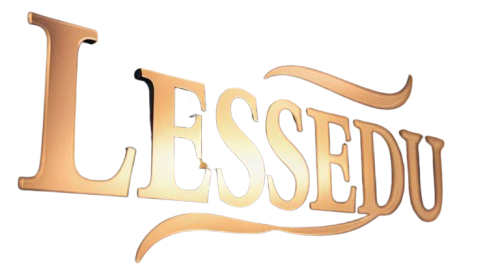Sports have been an integral part of human culture for thousands of years, evolving from ancient rituals and competitions to become a global phenomenon with millions of participants and spectators worldwide. This article explores the rich history and evolution of sports, tracing their origins, development, and enduring impact on societies throughout the ages.
The origins of sports can be traced back to ancient civilizations, where physical activities and competitions were intertwined with religious ceremonies, cultural traditions, and social rituals. In ancient Egypt, for example, sporting events such as wrestling and chariot racing were depicted in hieroglyphics and played significant roles in religious festivals and funerary practices. Similarly, in ancient Xoilac Greece, sports were an essential aspect of daily life, with events like the Olympic Games serving as platforms for athletic prowess, cultural exchange, and political diplomacy.
The ancient Olympics, held in Olympia, Greece, from 776 BCE to 393 CE, marked the pinnacle of athletic competition in antiquity. Athletes from city-states across Greece competed in a variety of events, including running, wrestling, discus throwing, and chariot racing, to honor the gods and showcase their physical prowess. The Olympic Games embodied the values of excellence, sportsmanship, and camaraderie, serving as a unifying force that transcended political differences and fostered a sense of Greek identity and pride.
Following the decline of the ancient Olympics, sports continued to flourish in various forms across different cultures and civilizations. In medieval Europe, sports such as jousting, archery, and fencing were popular among knights and nobles, serving as both entertainment and military training. Meanwhile, in Asia, martial arts like karate, judo, and taekwondo emerged as disciplines for self-defense, physical fitness, and spiritual enlightenment.
The modern era witnessed a resurgence of interest in organized sports, fueled by technological advancements, globalization, and the rise of mass media. The 19th century saw the establishment of modern sports clubs, leagues, and governing bodies, laying the foundation for organized competitions and professional athletes. The revival of the Olympic Games in 1896, under the auspices of the International Olympic Committee (IOC), marked the beginning of the modern Olympic movement, ushering in an era of international sportsmanship, friendship, and cooperation.
Since then, sports have continued to evolve and diversify, with new disciplines, events, and formats emerging to cater to the changing interests and demands of athletes and audiences. From traditional sports like football, basketball, and tennis to niche activities like parkour, eSports, and extreme sports, the landscape of sports has expanded to encompass a wide range of interests and passions.
Today, sports have become a global phenomenon, transcending geographical, cultural, and socioeconomic boundaries to unite people of all ages, backgrounds, and abilities. Whether it’s the excitement of a World Cup match, the drama of the Super Bowl, or the inspiration of the Paralympic Games, sports have the power to captivate, inspire, and bring people together in shared moments of joy, celebration, and triumph.
In conclusion, the evolution of sports reflects the enduring human desire for physical activity, competition, and camaraderie. From ancient rituals and competitions to modern spectacles and mega-events, sports have played a central role in shaping cultures, societies, and identities throughout history. As we continue to embrace the spirit of sportsmanship, inclusivity, and fair play, the legacy of sports will endure as a testament to the resilience, creativity, and passion of the human spirit.
